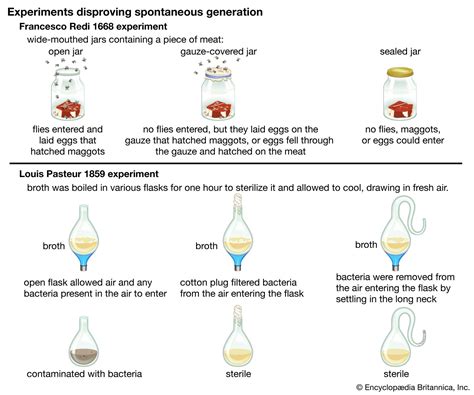A hypothesis is a proposed explanation for a phenomenon. It is based on evidence and observation, and it can be used to predict future outcomes. Hypotheses are essential for scientific research, as they allow scientists to test their ideas and theories.

There are many different features of hypotheses, but some of the most important include:
- Testability: A hypothesis must be testable, meaning that it can be tested through observation or experimentation.
- Falsifiability: A hypothesis must be falsifiable, meaning that it can be proven false through observation or experimentation.
- Specificity: A hypothesis must be specific, meaning that it makes a clear prediction about what will happen.
- Parsimony: A hypothesis should be as simple as possible, while still explaining the phenomenon being studied.
In addition to these essential features, hypotheses can also have other features, such as:
- Novelty: A hypothesis should be new and original, meaning that it has not been proposed before.
- Scope: A hypothesis can have a narrow or broad scope, depending on how many phenomena it explains.
- Validity: A hypothesis is valid if it is based on sound evidence and reasoning.
When developing a hypothesis, it is important to consider all of these features. A hypothesis that is testable, falsifiable, specific, parsimonious, novel, has a clear scope, and is valid is more likely to be successful.
Testability
A hypothesis is testable if it can be tested through observation or experimentation. This means that the hypothesis must make a clear prediction about what will happen, and it must be possible to design a study to test this prediction.
For example, the hypothesis that “smoking cigarettes causes lung cancer” is testable because it makes a clear prediction about what will happen (i.e., people who smoke cigarettes will have a higher risk of developing lung cancer). This hypothesis can be tested by conducting a study that compares the rates of lung cancer among smokers and non-smokers.
Falsifiability
A hypothesis is falsifiable if it can be proven false through observation or experimentation. This means that the hypothesis must make a prediction that could be proven wrong.
For example, the hypothesis that “all swans are white” is falsifiable because it makes a prediction that could be proven wrong (i.e., a black swan could be found). This hypothesis can be tested by searching for a black swan. If a black swan is found, then the hypothesis would be proven false.
Specificity
A hypothesis must be specific, meaning that it makes a clear prediction about what will happen. This means that the hypothesis should not be too vague or general.
For example, the hypothesis that “smoking cigarettes is bad for your health” is too vague. It does not make a clear prediction about what will happen if someone smokes cigarettes.
A more specific hypothesis would be “smoking cigarettes increases the risk of developing lung cancer.” This hypothesis makes a clear prediction about what will happen (i.e., people who smoke cigarettes will have a higher risk of developing lung cancer). This hypothesis can be tested by conducting a study that compares the rates of lung cancer among smokers and non-smokers.
Parsimony
A hypothesis should be as simple as possible, while still explaining the phenomenon being studied. This means that the hypothesis should not be more complex than necessary.
For example, the hypothesis that “smoking cigarettes causes lung cancer because it damages the DNA in cells” is more complex than the hypothesis that “smoking cigarettes causes lung cancer.” The first hypothesis includes an explanation for why smoking cigarettes causes lung cancer, while the second hypothesis does not.
However, the more complex hypothesis is not necessarily better. The simpler hypothesis is just as likely to be correct, and it is easier to understand.
Novelty
A hypothesis should be new and original, meaning that it has not been proposed before. This does not mean that the hypothesis must be completely new, but it should not be a restatement of an existing hypothesis.
For example, the hypothesis that “smoking cigarettes causes lung cancer” is not new. This hypothesis has been proposed and tested many times before.
A more novel hypothesis would be “smoking cigarettes causes lung cancer through a new mechanism.” This hypothesis is new because it proposes a new mechanism for how smoking cigarettes causes lung cancer.
Scope
A hypothesis can have a narrow or broad scope, depending on how many phenomena it explains. A narrow-scope hypothesis explains a specific phenomenon, while a broad-scope hypothesis explains a wide range of phenomena.
For example, the hypothesis that “smoking cigarettes causes lung cancer” is a narrow-scope hypothesis. It explains a specific phenomenon (i.e., lung cancer).
